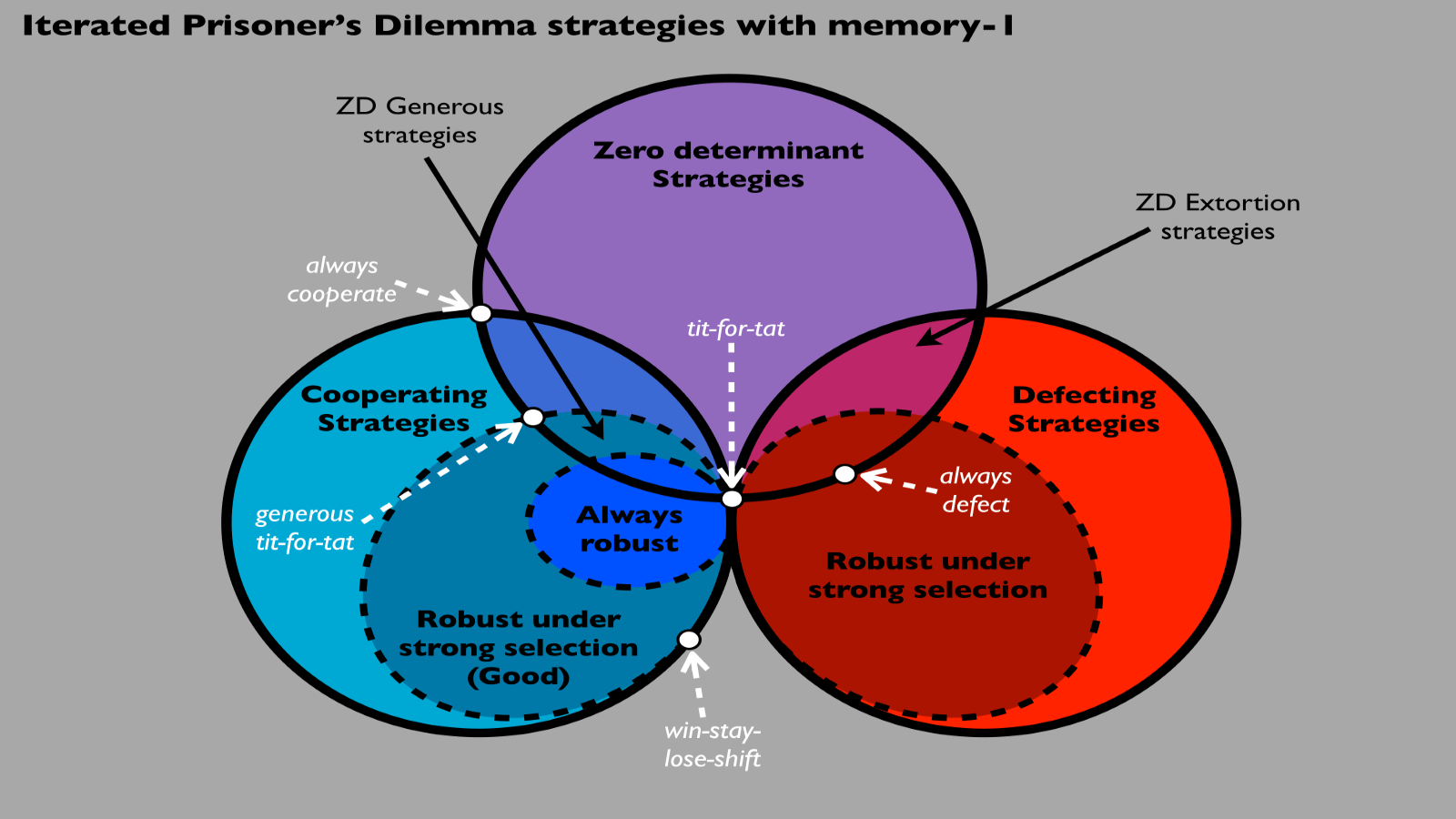On a college visit recently, I was cornered by an enthusiastic tour guide who, on learning that I was interested in Ethics, felt compelled to challenge me with a “game.”
The game goes like this – Students in a class are to be given a year end exam and a choice to either work together (collude) on the exam or work on their own (defect.)
“If you all choose to collude, you will all receive a B+”, the teacher proclaims.
“If one of the students chooses to work alone, to defect, then the defector will receive a full grade bump in score and the other students (the ones who chose to collude) will lose a full grade.” If there are many defectors, no-one gains or loses anything.
What would you do? Are you willing to rat out your friends for a bump? Are you willing to risk the fact that a single friend might rat you out?
It is a classic dilemma of individual greed versus the benefits of working as a team. We have all played with, or at least witnessed the self-interested basketball player who has never seen a shot he didn’t like regardless of his impact on the team. Is that moment when he finally hits the 3-pointer so intoxicating that he doesn’t care about the team making the playoffs? We have perhaps heard National Public Radio asking for donations so that we can all enjoy “free” public radio, or perhaps seen our Dad put an undersized striped bass back in the ocean despite the protestations of his young son anticipating a fine dinner.
In the case of Climate Change, we are witnessing an acute crisis brought about by a series of conflicting economic incentives. Big, greedy, successful, polluting countries are imposing enormous hardship on other countries despite being on the same team that is humanity.
A little research and one can see that this quandary is well known as the “Prisoner’s Dilemma.” It is used in game theory and economics to illustrate the conflict between social pressure and individual incentives. The classic example involves two prisoners who are offered reduced sentences in order to cooperate with the authorities. You have the opportunity to rat out your co-conspirator and enjoy your freedom. But if you refuse to cooperate and your partner in crime chooses to help the authorities, then you will suffer the consequences.
We see in the Prisoner’s Dilemma that the optimal result, of course, is achieved by working together. Words to live by? We will see.






